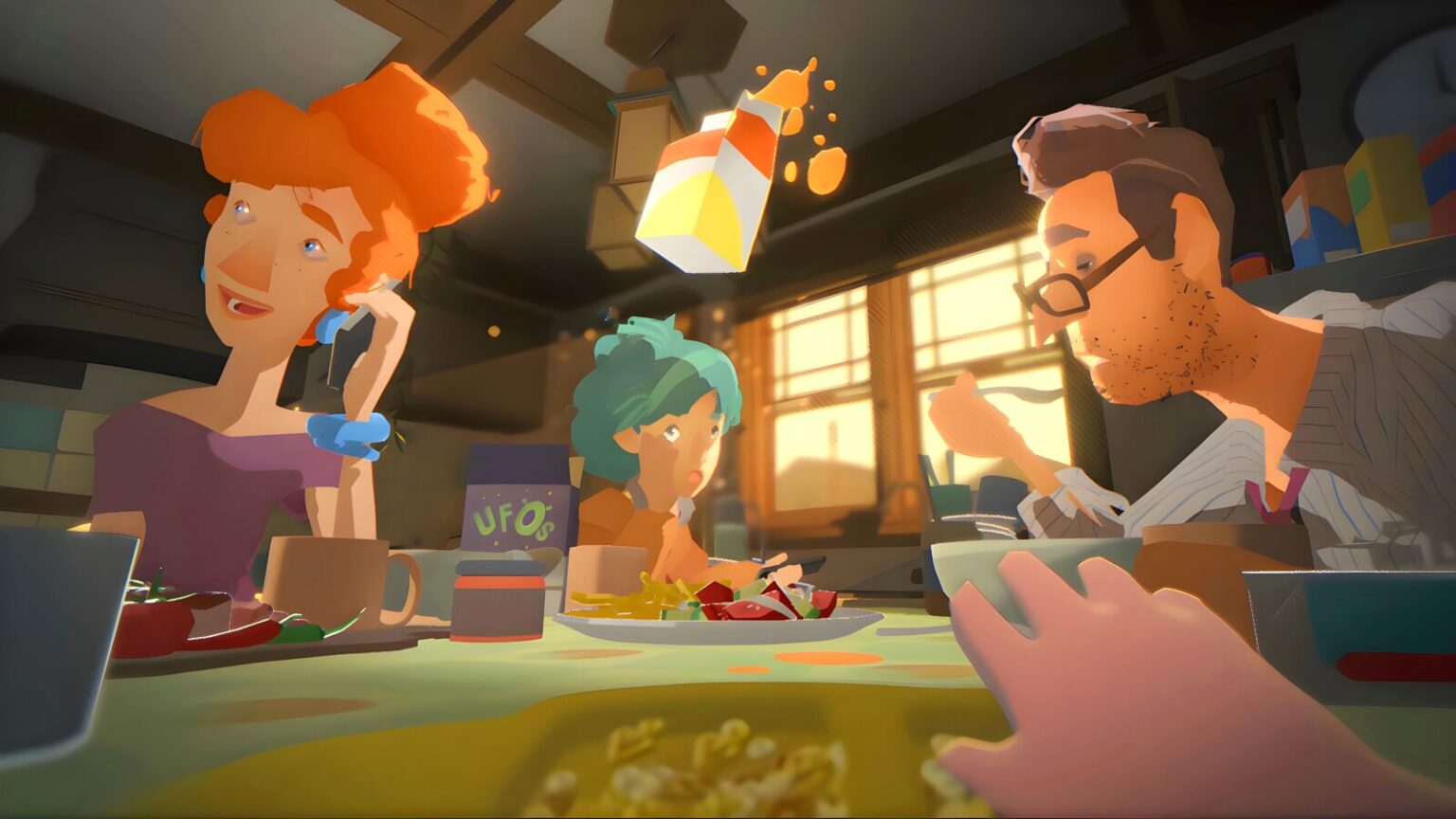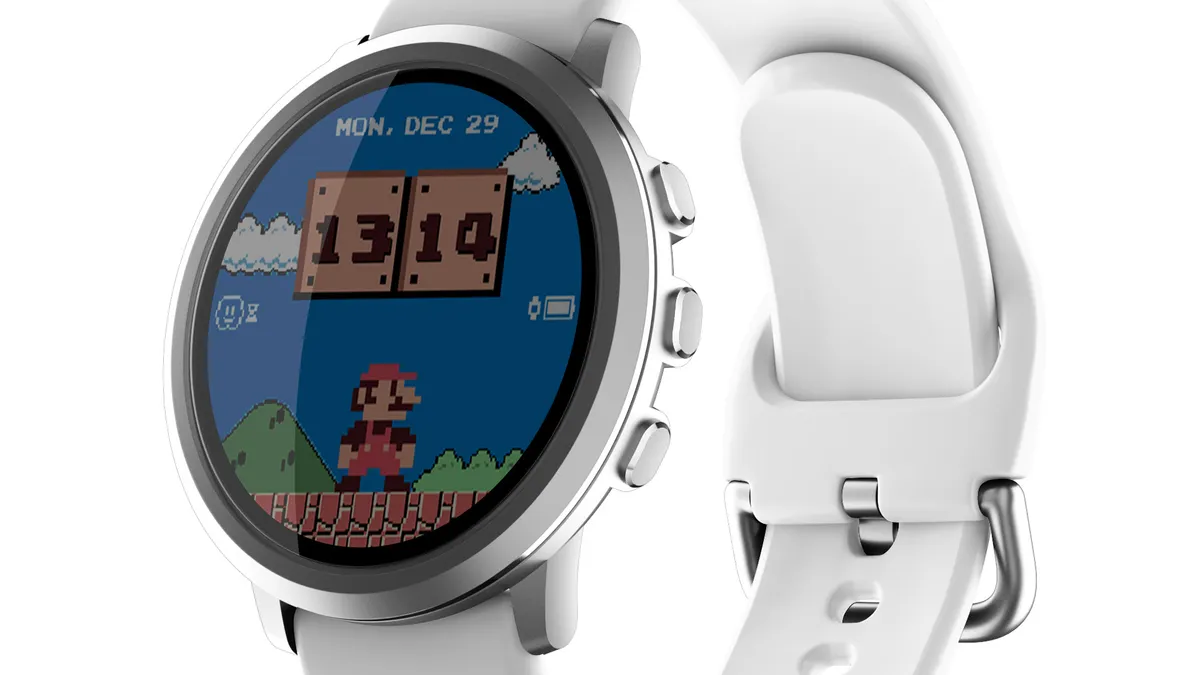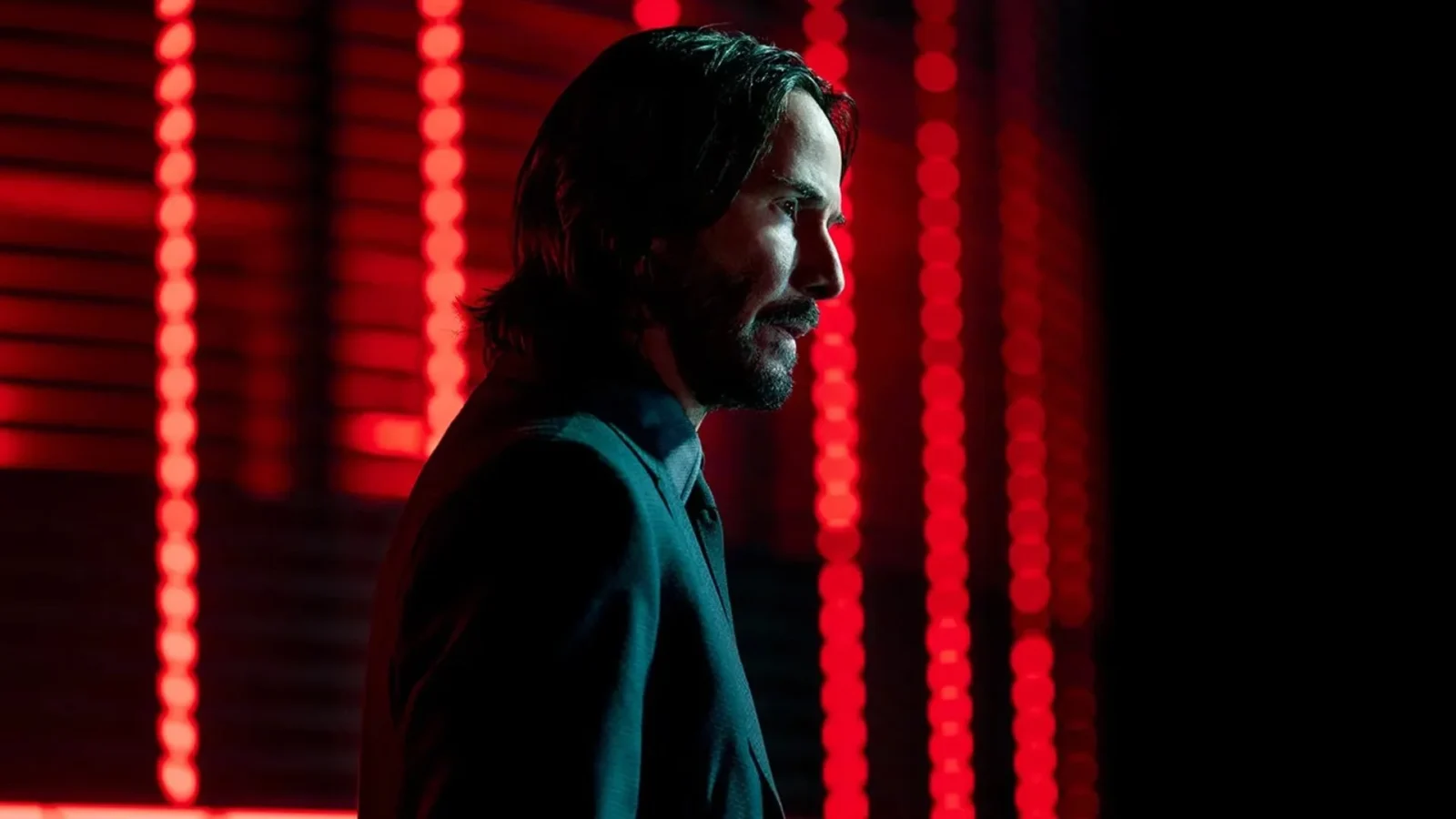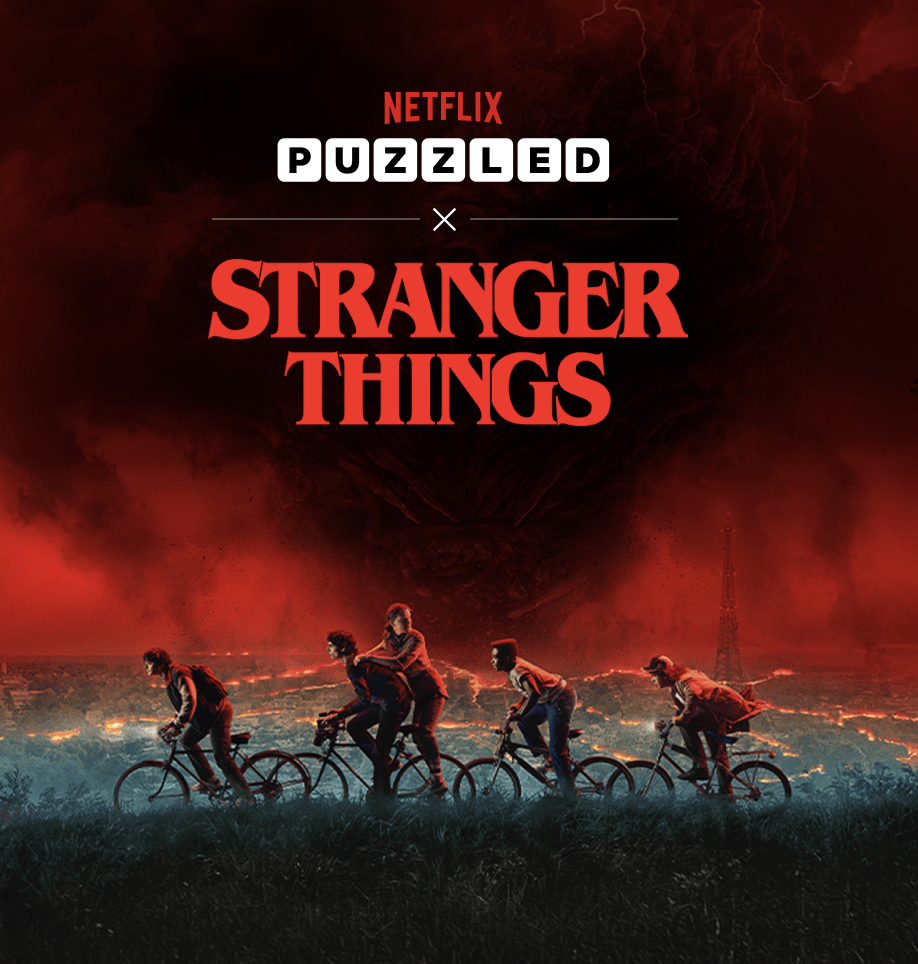TL;DR: Psychic baby, great concept. Touching moments, half-baked mechanics. Cute, confused, and worth a bedtime story—but not a full night’s sleep.
Goodnight Universe
I remember the first time I saw the key art for Goodnight Universe: a baby, chubby-cheeked and wide-eyed, frozen in mid-telekinetic fury as a milk carton hovers menacingly before being yeeted across the room. My first thought wasn’t about psychic metaphors or emotional storytelling. It was simply: Oh no. They made Boss Baby prestige. And in a strange way, that’s exactly what Goodnight Universe feels like—a daring, artful indie game that wants to say something profound about communication and identity, but keeps tripping over its own pacifier.
The premise is irresistible on paper. You play as Isaac, a six-month-old infant who develops psychic powers and a strangely adult inner voice. His mind is capable of bending spoons and tormenting the family dog, yet his mouth can only produce a slurry of coos and squeals. He is, in essence, a genius trapped inside the fleshy prison of a baby body—a concept both hilarious and weirdly tragic. And as someone who has watched my fair share of nieces, nephews, and digital toddlers destroy their environments with unintentional precision, I was absolutely primed to love this idea. It’s Before Your Eyes meets Boss Baby meets Carrie.
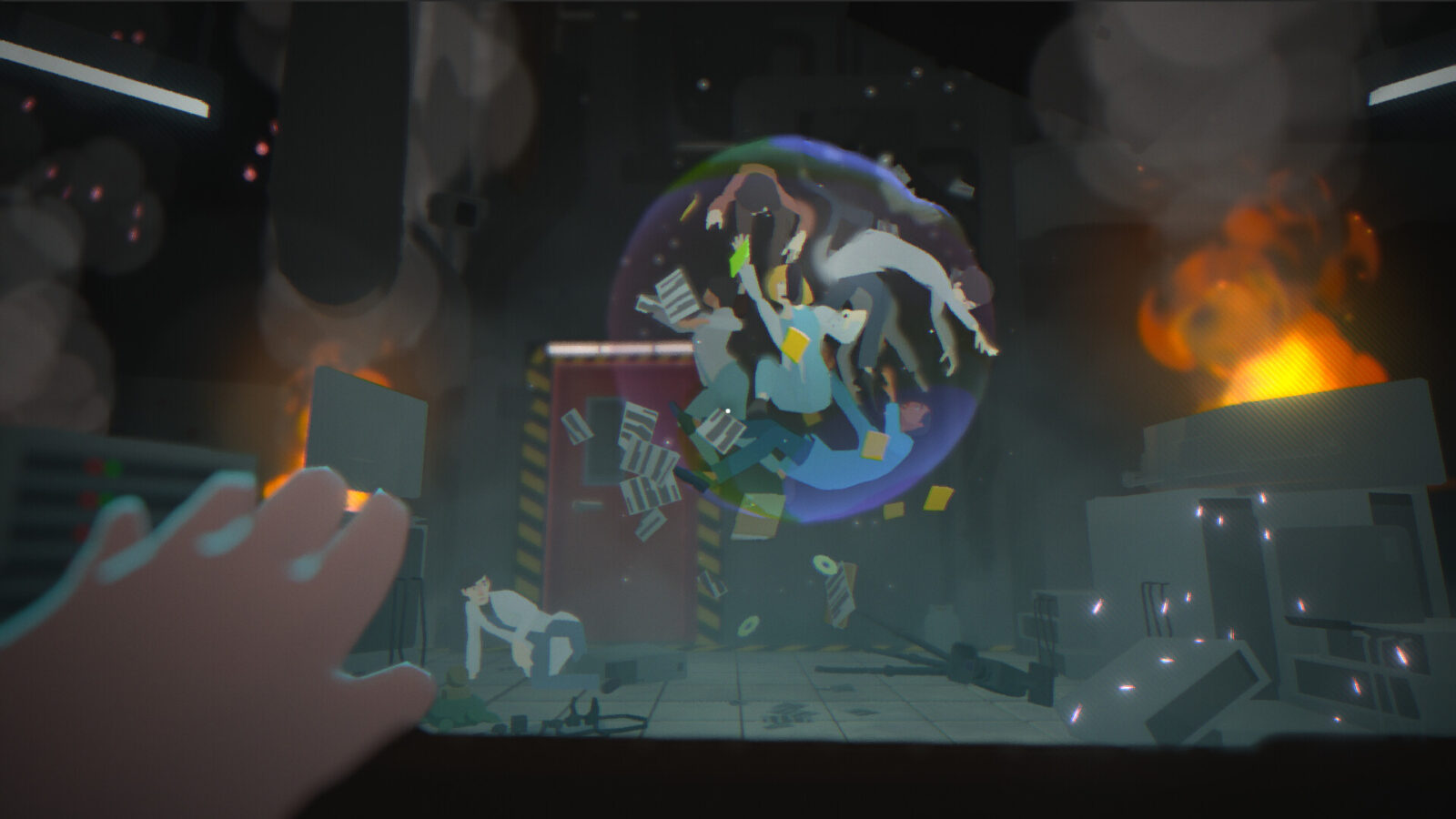
But as the hours went on, I realized that Goodnight Universe suffers from the same problem that haunts many ambitious sequels: it’s a game about communication that can’t quite communicate what it’s trying to say.
Developer Nice Dream had already pulled off a miracle once. Their debut, Before Your Eyes, wasn’t just a clever concept—it was a small revolution in emotional game design. The idea of controlling the game with your real-life blinks sounded like a gimmick until you played it and realized it was the only way that story could be told. Every involuntary blink became a form of surrender, a literal moment lost to time. It was devastating, delicate, and perfect.
So when Nice Dream announced Goodnight Universe, a spiritual successor centered on a psychic baby, I braced myself for brilliance. The studio had earned my trust. They understood how to use mechanics as metaphor. But following up a lightning-in-a-bottle idea is like trying to write the second verse to a song that already feels complete. What do you do when your first act was a mic drop?
The answer, apparently, is: you try to replicate the magic, but add telekinesis.
In theory, the webcam-based controls return here, letting you blink to flick light switches, hold your eyes closed to read minds, or even smile and frown to react to situations. It’s the kind of design pitch that sounds mesmerizing in a meeting room, a spiritual extension of Before Your Eyes. But in practice, it’s messy—and worse, it’s optional. You can play the entire game without a webcam, and on consoles, you have to. So what’s left is a game that’s half-committed to its own innovation. The blink mechanic becomes less of a revelation and more of a cameo appearance.
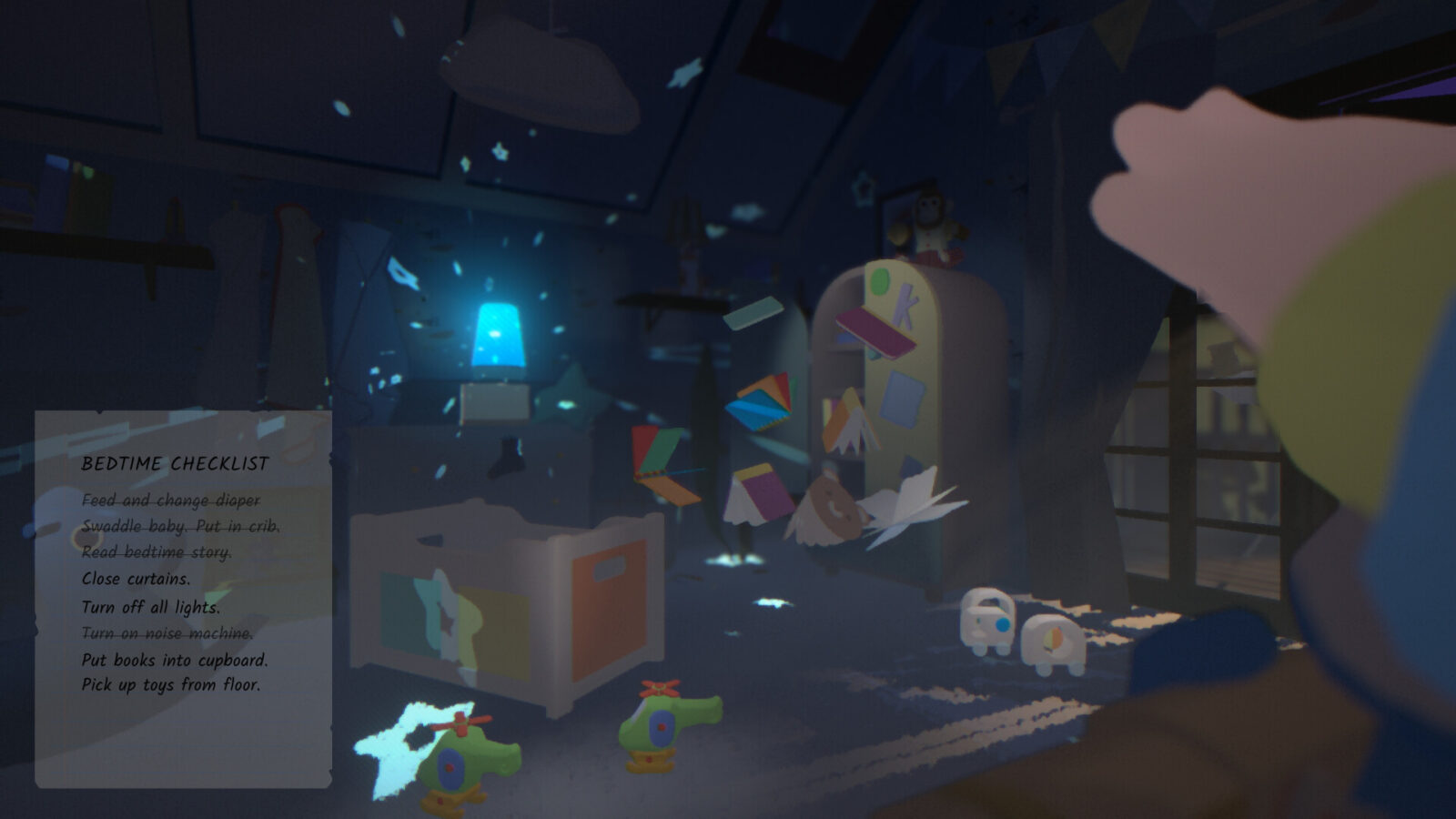
It’s a bit like watching a band play their breakout hit live but only performing the chorus. You sense the brilliance underneath, muffled by compromise.
The story starts strong. Isaac’s world is seen through a dreamy, first-person haze—his nursery a glowing cathedral of soft pastels and floating mobiles, his parents’ voices drifting in like warm, distant thunder. Actor Lewis Pullman lends his voice to Isaac’s inner monologue, layering the character with a mixture of confusion, humor, and frustrated intelligence. There’s a touching absurdity to hearing a six-month-old wax poetic about existential dread while his mother coos about nap time.
For a while, the game nails that balance of innocence and awareness. You use your powers to do silly things: levitating toys, pestering the family beagle, turning off the lights just to see your sister scream. These are moments of genuine charm, and they speak to something quietly profound—the chaos of early consciousness, the helplessness of wanting to express yourself before you even understand language.
But then, somewhere in the middle of the game, Goodnight Universe forgets its own thesis.
It’s as if someone swapped the script halfway through development. What begins as a tender, introspective meditation on self-expression suddenly morphs into a sci-fi escape thriller complete with drones, lab corridors, and Spielbergian overtones. Isaac goes from being a misunderstood baby to a full-on X-Men reject, flinging psychic waves at security bots and outrunning mysterious scientists. The tonal whiplash is enough to give even the most seasoned player baby brain.
This shift might have worked if it were grounded in Isaac’s emotional journey—if, say, his powers and rebellion tied back to that core theme of being unheard. But the game doesn’t make that connection. It wants the E.T. magic without earning the emotional gravity that made Spielberg’s kids-on-bikes adventures timeless. The story starts chasing spectacle instead of introspection.
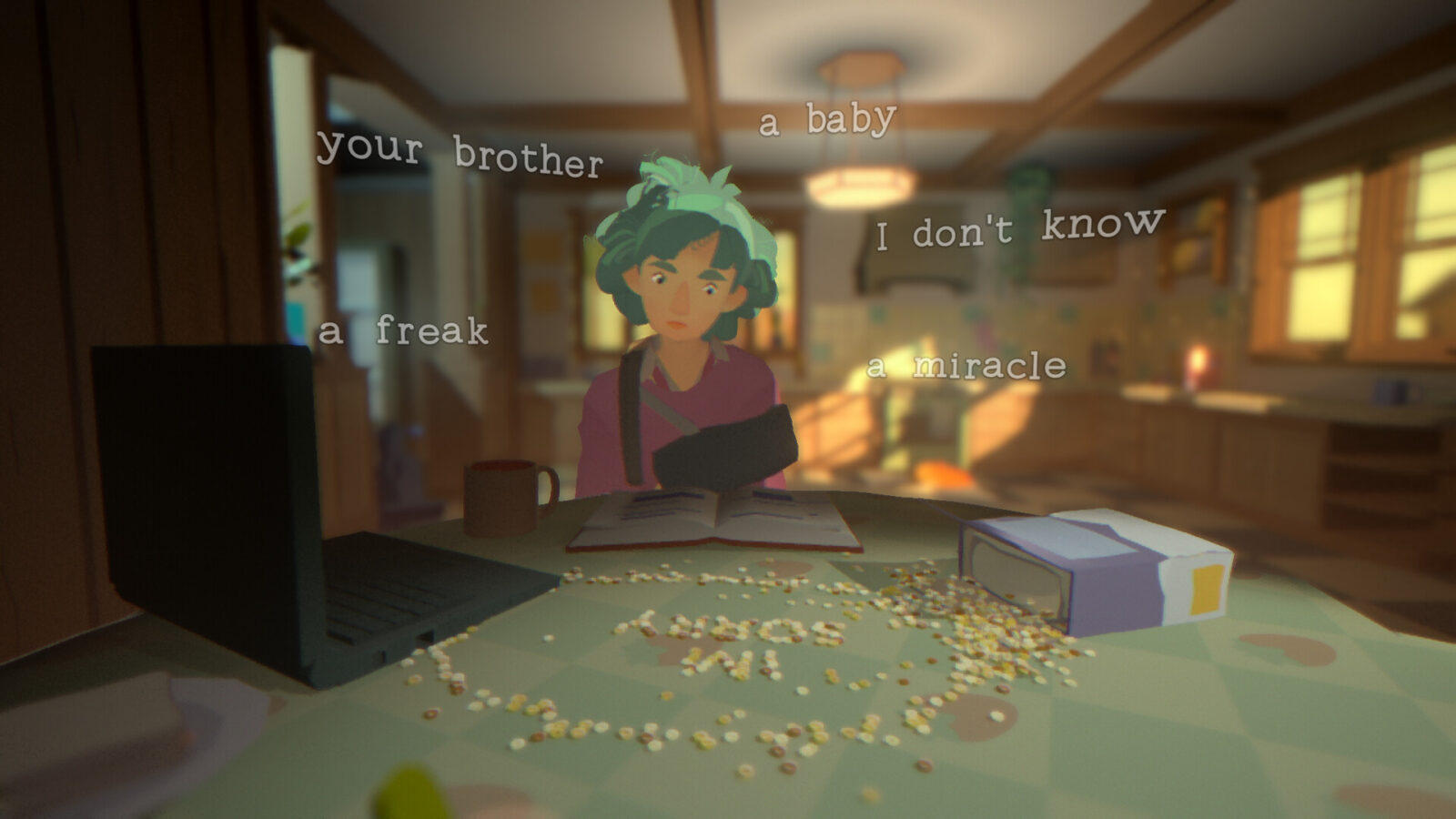
And once the explosions start, Isaac’s voice—both literal and thematic—gets lost in the noise.
Mechanically, Goodnight Universe is a puzzle-adventure hybrid, leaning heavily on object manipulation. Isaac’s psychic powers let you move toys, open cabinets, and later, toss heavy machinery around with your mind. It’s meant to evoke the mischievous curiosity of a baby exploring the world—and when it works, it’s endearing. There’s a tactile joy in watching blocks float midair or making a mobile spin without touching it.
But here’s the catch: most of the psychic interaction relies on standard inputs. You’re still clicking, dragging, and joystick-twiddling. The eye-tracking gestures are mostly cosmetic. When I realized I could complete an entire level without blinking once, something in me deflated. The game had promised a new way to see through a child’s eyes, but what I got instead was a traditional point-and-click adventure wearing a baby monitor.
It’s not that I need gimmicks to feel something. It’s that Nice Dream themselves taught me to expect more. Before Your Eyes used its mechanic to embody emotion—to make every blink a choice, a loss, a heartbeat. Goodnight Universe uses its mechanic to flick the lights.
There’s one scene, though, where I glimpsed the game that could have been. Isaac, lying in his crib, tries to reach for his mother’s hand. You hold your eyes open, fighting the natural urge to blink, as she sings softly to him. The longer you keep your gaze steady, the longer the moment lasts. Blink, and she leaves the room. It’s heartbreaking, pure, and fleeting—the kind of interactive poetry Nice Dream was once so good at. But it’s an isolated moment, swallowed by a story that keeps forgetting it’s about connection, not conflict.

If Goodnight Universe had stayed small—if it had remained a story about a baby learning to be understood—it might have been something beautiful. Instead, it reaches for cosmic stakes and loses the intimacy that made its premise shine. The later sections lean hard into sci-fi tropes, complete with conspiratorial scientists and philosophical monologues about evolution. It’s ambitious, sure, but it’s also exhausting. The emotional throughline frays until you’re left wondering what the game even wants to be.
There’s an almost painful irony here: Goodnight Universe is about a character struggling to express himself, made by a team struggling with the same thing. It’s a game that wants to speak with the clarity of a dream but instead mutters through the static of too many ideas.
That said, I don’t think Nice Dream failed because they aimed too high. I think they failed because they stopped trusting the quiet moments. The best parts of Before Your Eyes weren’t the plot twists—they were the stillness between them. The same could have been true here. But in trying to scale up, to make something bigger and more cinematic, they forgot that sometimes the most profound stories are the ones told in whispers, not psychic explosions.
Lewis Pullman’s narration does a lot of heavy lifting, though. His voice gives Isaac dimension even when the writing falters. There’s a tenderness in his delivery that makes the absurd premise feel human. The script occasionally leans too hard into quippy baby humor (“They think I’m teething. I’m actually transcending.”), but Pullman sells it with a sincerity that keeps it from collapsing into parody.
The soundtrack, too, is surprisingly beautiful—a lullaby of synths and strings that blend innocence with melancholy. It reminded me of the first time I played Journey, where music and motion became one. You can feel that same yearning here: the desire to make something emotional out of minimalism. It’s just buried under too many design choices pulling in opposite directions.
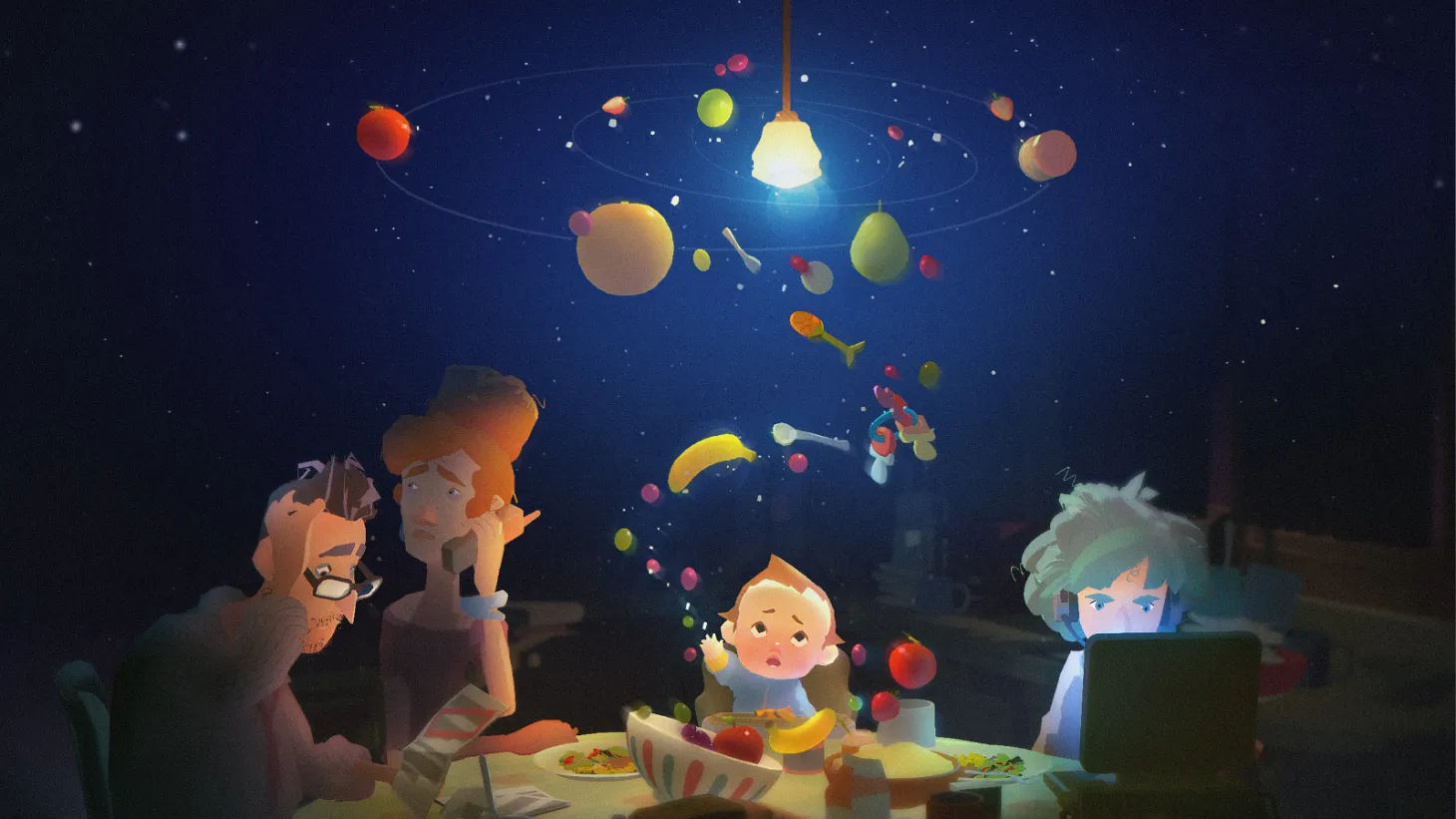
Playing Goodnight Universe left me thinking about how we, as players and creators, communicate meaning through mechanics. How often do we confuse novelty with expression? Nice Dream clearly wants to recapture the emotional resonance of their debut, but they approach it from the outside—through mechanics, spectacle, and nostalgia—rather than from the inside, where empathy lives.
I kept imagining an alternate version of this game where Isaac never leaves the nursery. Where the entire story unfolds through his limited perspective—the lights, the voices, the shadows on the ceiling—and the psychic powers become metaphors for emotional reach. That version of Goodnight Universe might have been a masterpiece. Instead, we got something fascinating but fractured.
And yet, despite its flaws, I can’t quite bring myself to dislike it. There’s heart in here—real, beating, newborn heart. You can tell this team cares deeply about emotional storytelling. They’re just still learning how to speak their new language.
Final Thoughts
Like its infant protagonist, Goodnight Universe is full of potential and endearing messiness. It’s a creative tantrum—loud, ambitious, and occasionally incoherent—but it comes from a place of sincerity. For every scene that made me roll my eyes, there was another that made me smile wistfully. It’s a rare game that fails interestingly, and that’s still worth something in an industry drowning in safe sequels.
But if Before Your Eyes made me cry by accident, Goodnight Universe made me sigh on purpose. I respect what it’s trying to say, even if I wish it had said it better.
Goodnight Universe is a bold but uneven follow-up that trades emotional subtlety for spectacle. It’s charming, heartfelt, and occasionally profound—but too often, it babbles when it should speak clearly. Nice Dream hasn’t lost their spark; they’ve just outgrown their voice and haven’t yet learned to talk again.


